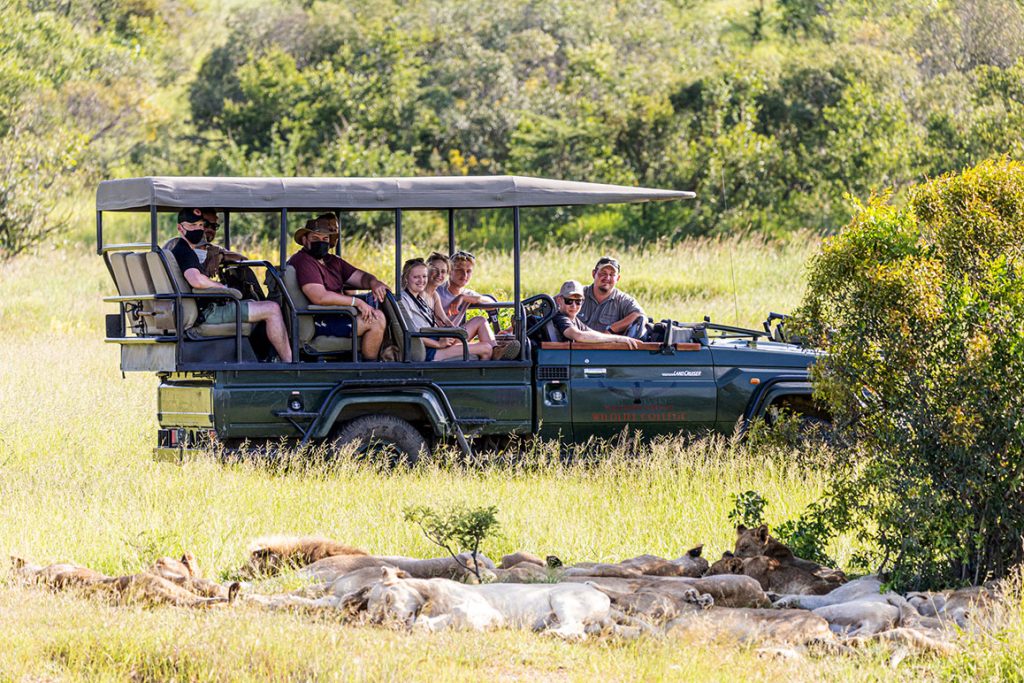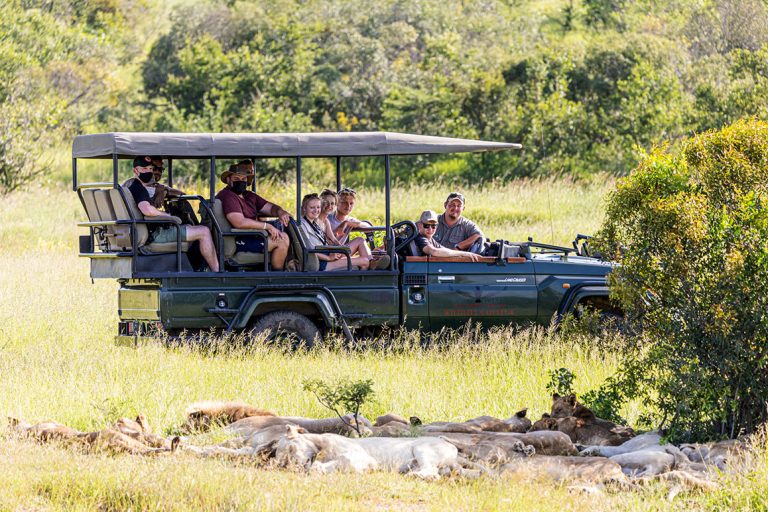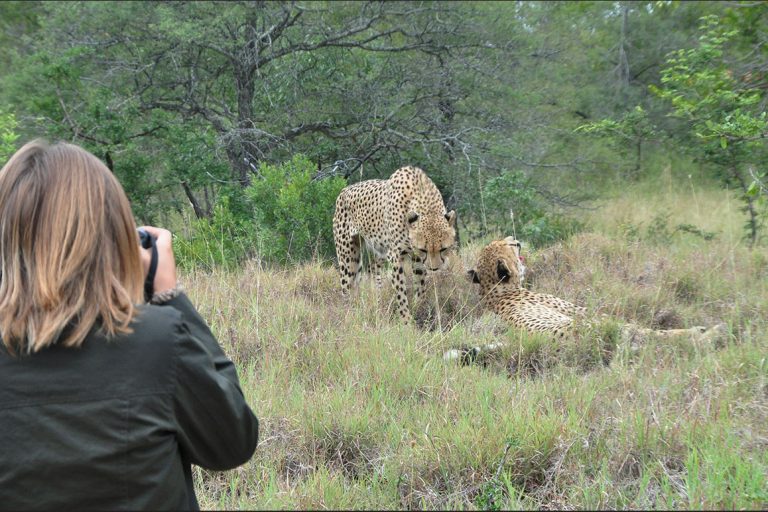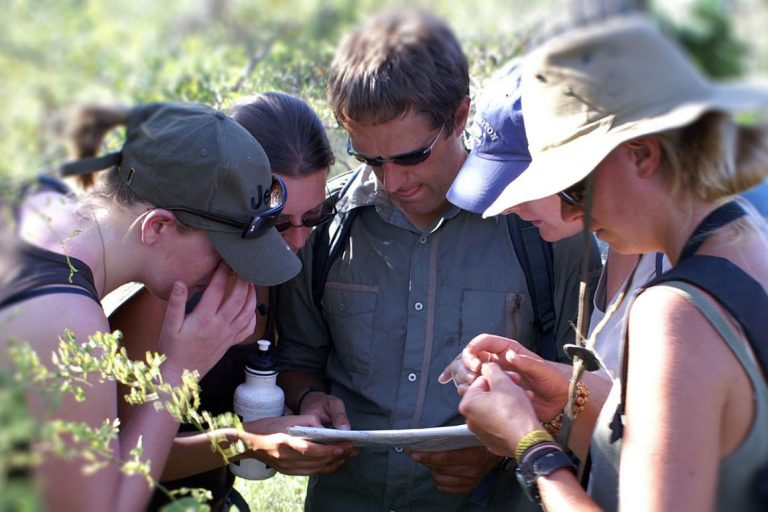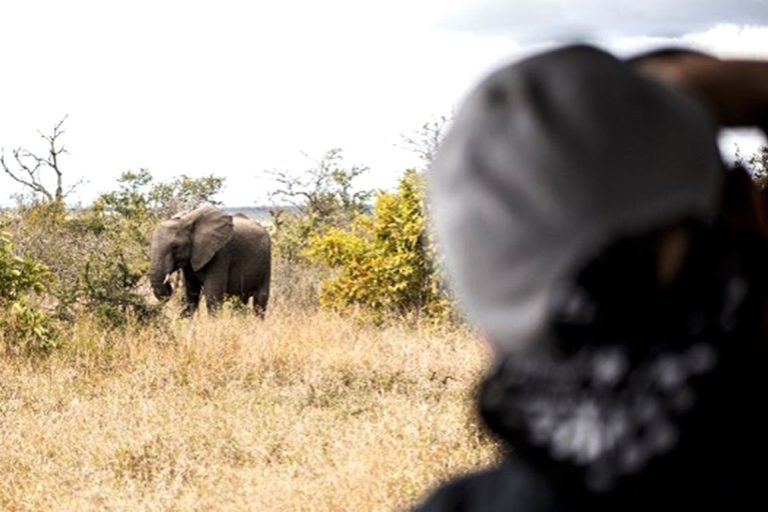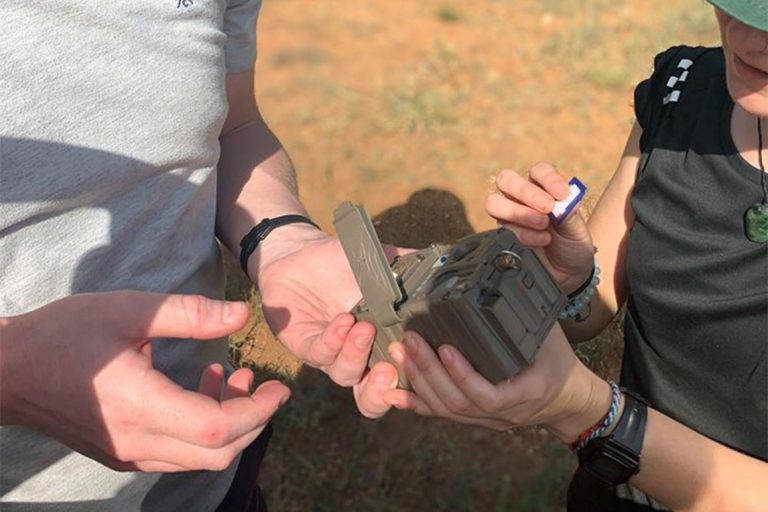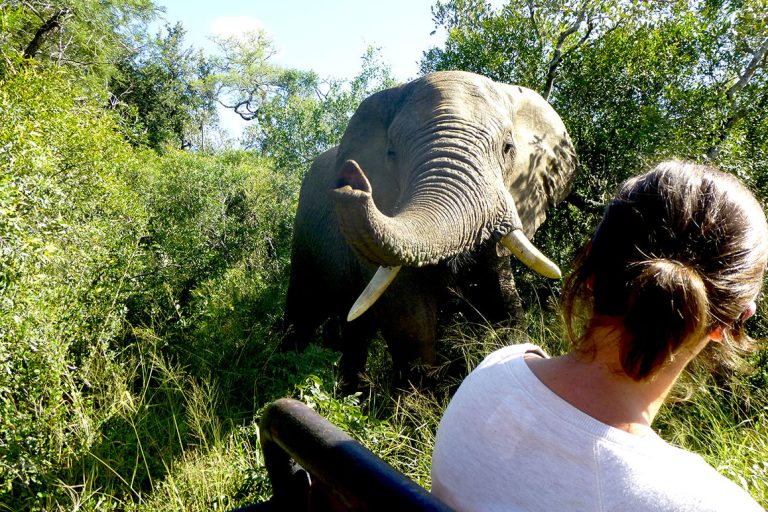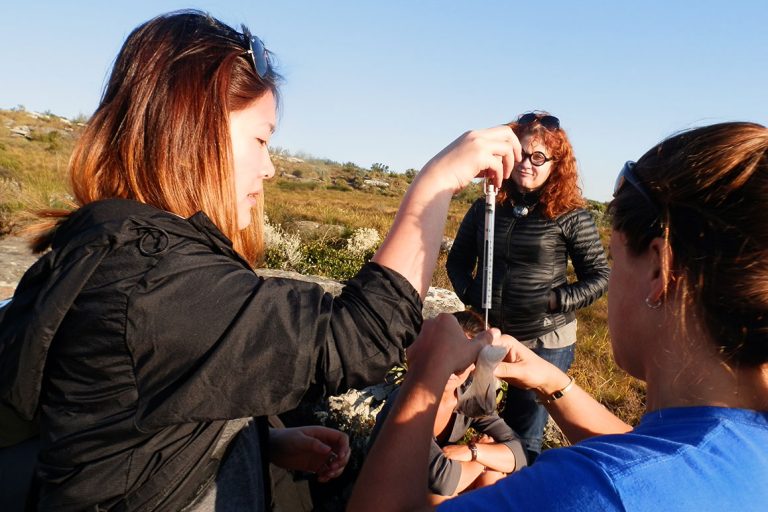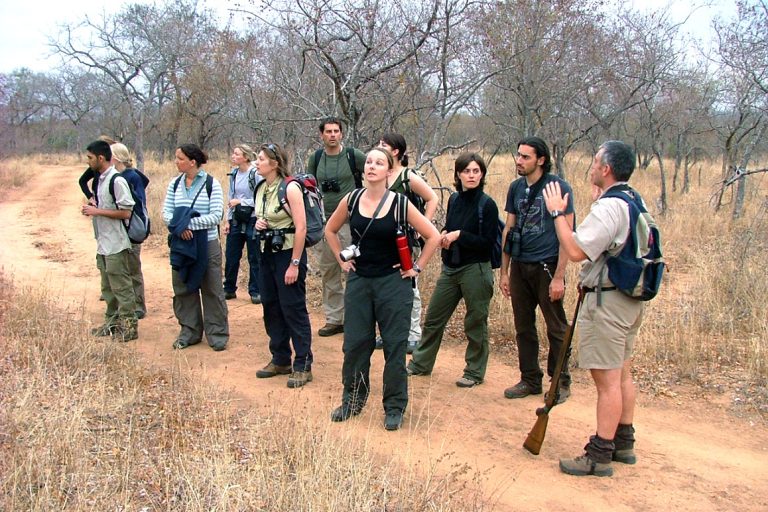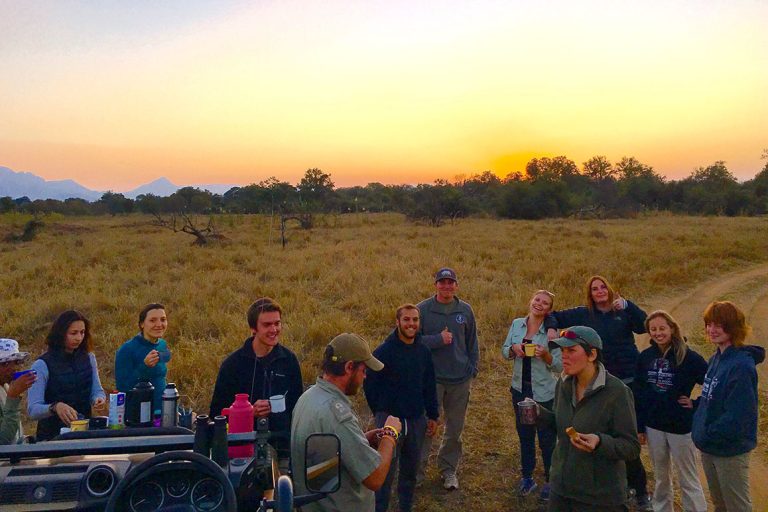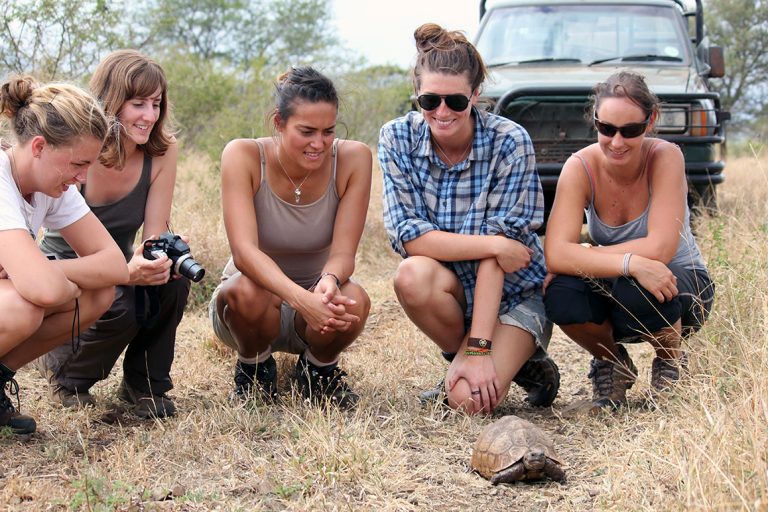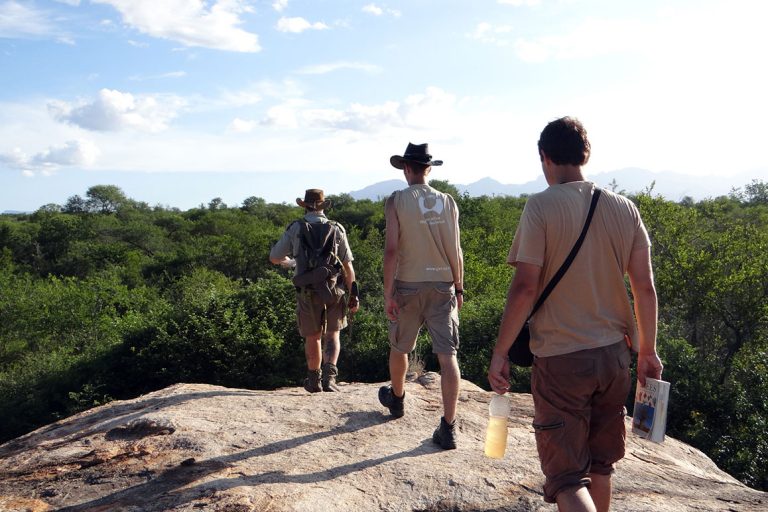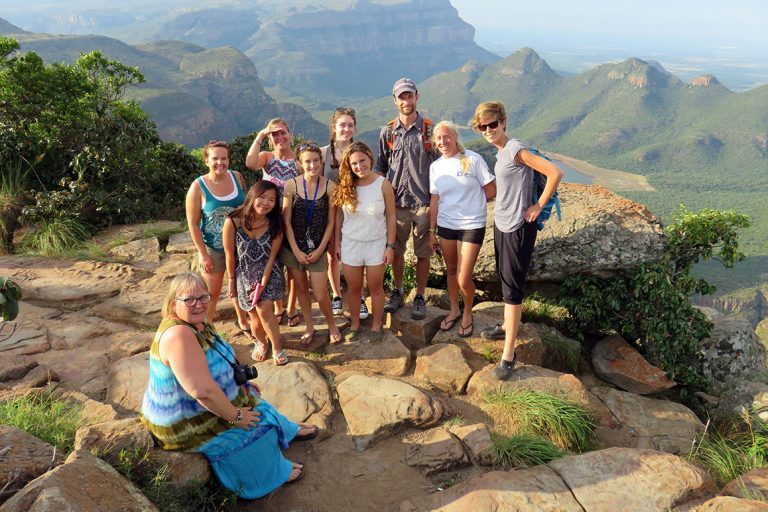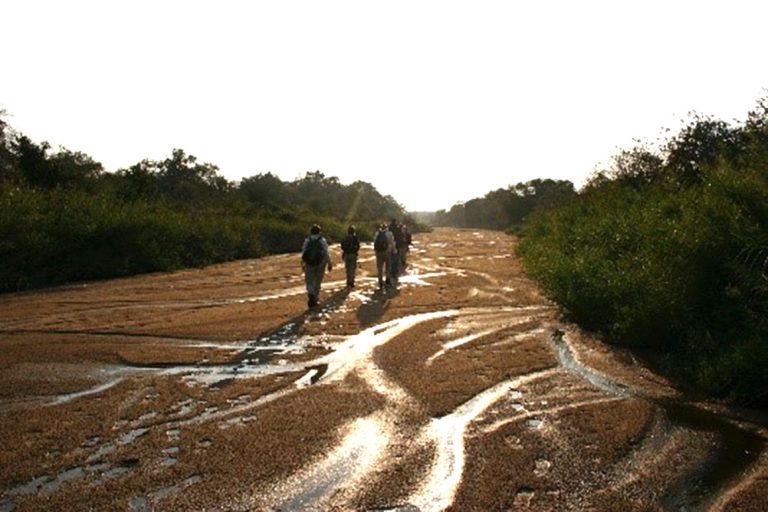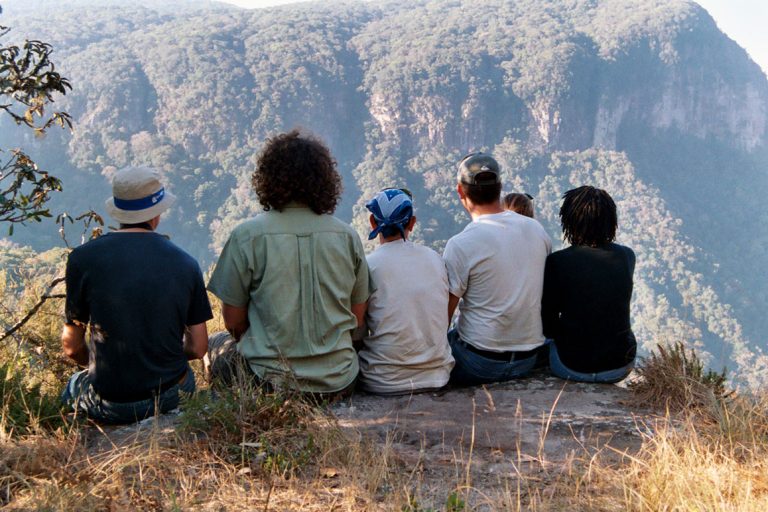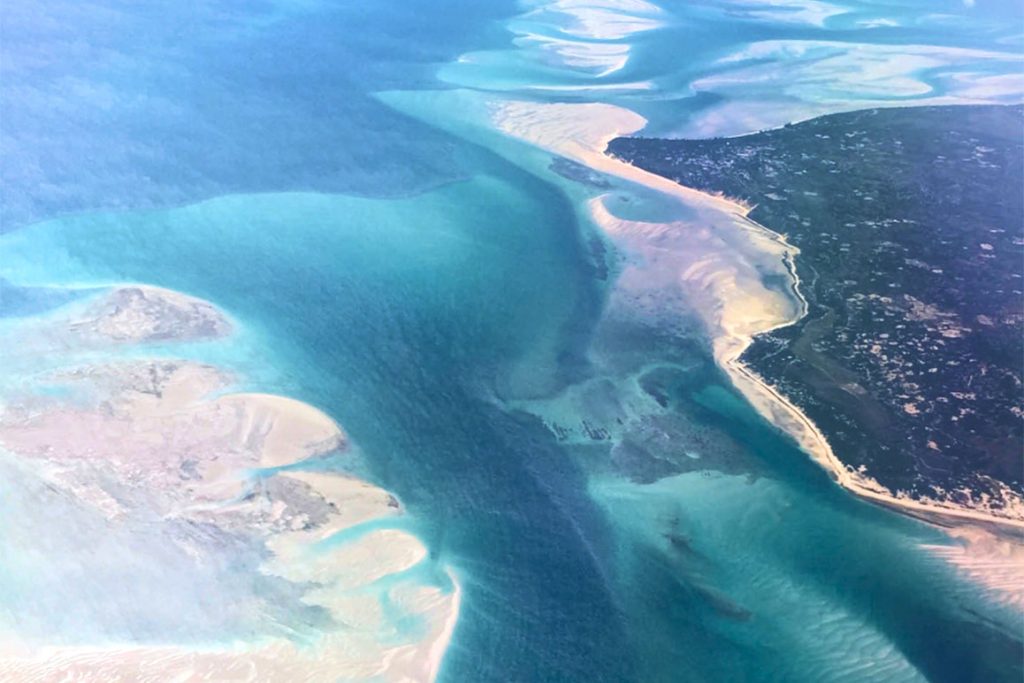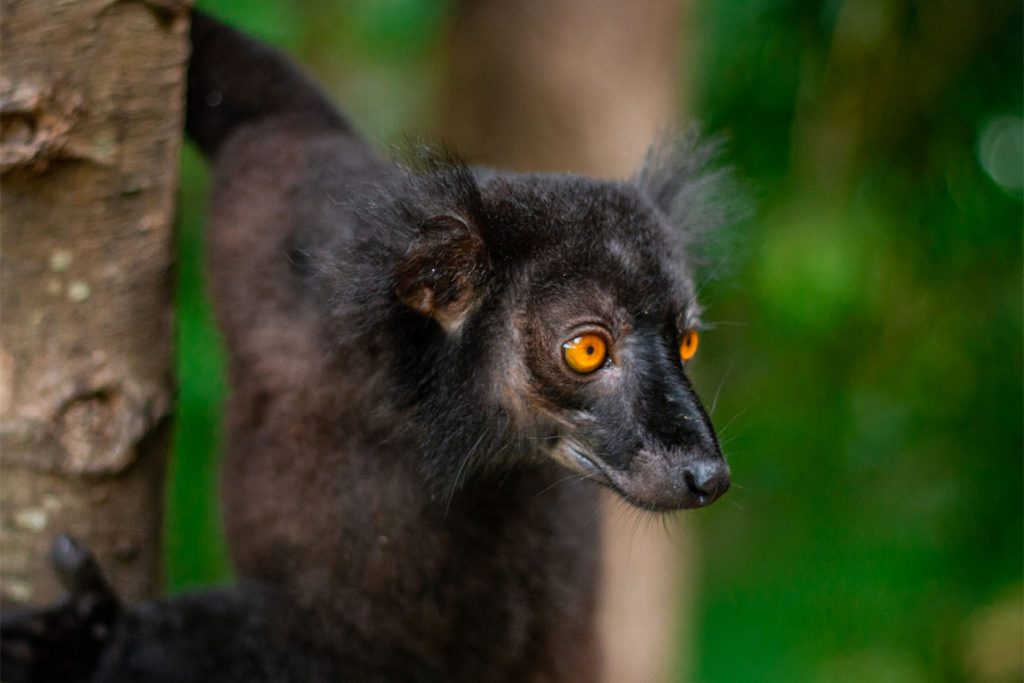- Overview
- Itinerary
- Accommodation
- Rates
- Included
- Excluded
- Further Info
- Flights
- Sustainability
- Gallery
Experience a week in the life of a field guide
Be part of the daily bush rhythms, routines and riveting experiences of a professional field guide in the wild. Join your personal guide on sunrise and sunset drives, conservation activities, tracking expeditions, learning opportunities, sleepouts and storytelling evenings under the stars. Get access to insider information, expert knowledge and rare encounters.
Get closer than your binoculars can take you
Step inside your favourite wildlife documentary narrated by your own expert guide. Disembark from the vehicle for an immersive sensory experience. Smell the wet grass at dawn and the earthy fragrance of the potato bush at dusk. Hear the call of the fish eagle, the giggle of the hyena or the gentle crackle of twigs as elephants graze nearby.
Exclusive bush activities
Master the art of tracking, learn about animal behaviour and basic rifle handling. Embark on a wilderness sleepout, get photography tips and participate in ethical conservation. Learn how to approach dangerous game on foot, and contribute to researching endangered species. Enjoy sundowners at special locations, taste traditional meals under the stars, and share stories around the fire.
See the itinerary for an example of what you can look forward to >
Physical rating: 3/5.
Moderate physical activities are included and a good level of fitness is required.
No two days are the same in the African bush
Each day holds its own suspense, adventure and surprises. But one thing is guaranteed – magic. Every day on your expedition will be a combination of exciting conservation activities, bush experiences and relaxation. You’ll enjoy a delicious breakfast at one of our lodges after each morning drive, followed by free time to lounge around, read a book or take a nap. At the end of each day, you’ll enjoy a delicious meal together and sit around the campfire to share stories under the stars.
The following itinerary is an example of the activities and project work that participants might get involved in on this Expedition.
Itineraries
Day 1
Arrival at your home away from home
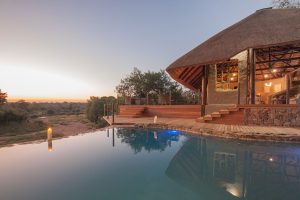
Welcoming high tea:
"Sanibonani!" Welcome! After arrival at your lodge, settle in and enjoy a high tea together.
Game drive & biodiversity lessons:
The adventure begins! Join your field guide on your first game drive where you’ll learn about biodiversity and gain an overview of the local ecosystem.
Bush safety talks:
End your day by listening to an interesting evening talk on safety in the bush, alarm calls and reading different situations.
Day 2
Bird calls and identification
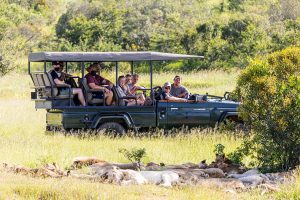
Game drive & field walk:
Rise and shine! Go on an early morning game drive and get the chance to disembark from the vehicle to walk in the field and learn fascinating facts about birds.
Wildlife photography:
Get top tips and tricks on wildlife photography, video and social media during your afternoon drive.
Waterhole sundowners:
Watch the bush prepare for the night as you enjoy sundowners overlooking a waterhole.
Traditional meal & stargazing:
After enjoying a traditional stew over the fire, be mesmerised by the Southern night sky with our stargazing activity.
Day 3
Tracking, Trailing, and Reading the signs
Learn the art of tracking:
Learn the basics of tracking, identification and signs on your morning drive.
Help track animals:
Now it’s your turn! Get the chance to use telemetry or GPS equipment to locate trackable animals on the afternoon drive.
Drinks & braai:
Enjoy drinks at a bird hide before heading back to the lodge for a boma barbeque (locally known as a “braai”).
Bird identification competition:
It’s time for the battle of the bird sounds! Join your guide for a fun bird identification competition to see who knows their “whoooops” from their “ti-woo, ti-woos”.
Day 4
Safety within the African Bushveld
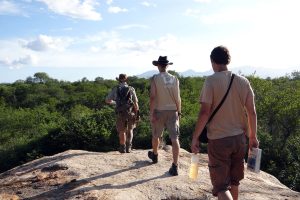
Guided walk & rifle safety:
Embark on a guided walk in the wild to learn more about rifle safety, participate in range practice and undertake the famous lion charge test.
Invertebrate lessons:
During your afternoon game drive your field guide will share fascinating information about invertebrates - like beetles and scorpions.
Waterhole drinks & dine under the stars:
Have a cold one at the waterhole before heading back to the lodge for dinner on the deck under the stars.
Fireside conservation chat:
Tonight's fireside chat will be around the thought-provoking subject of conservation, legislation and community education.
Day 5
Tree identification and sleeping under the stars
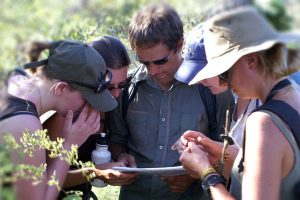
Morning drive & lesson on trees:
Start your day bright and early with a game drive where we’ll focus on beautiful trees and their medicinal uses.
Sleep-out in the wild:
Go on the adventure of a lifetime! Join the field guides for a sleepout in the wild. Learn about survival techniques, see astronomy come to life in the night sky and learn more about traditional Shangaan storytelling.
Day 6
Tailored Group Experience
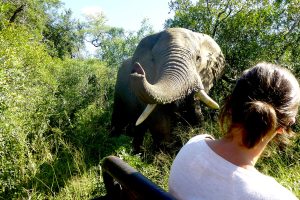
Game drive, your way:
Choose from a list of fascinating topics that your expert field guide will focus on during your drive. Choose between topics such as social behaviours, anatomy and competition.
Bird hide drinks & traditional dinner:
Relax at a bird hide for sundowner drinks before heading back to the lodge for a traditional dinner.
Relaxation & fireside storytelling:
Spend the rest of the evening relaxing around the fire and sharing stories from the day’s sightings.
Day 7
Conservation as a Focus
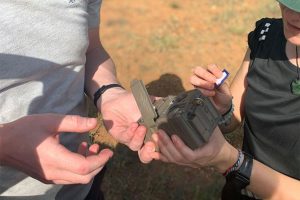
Conservation activities:
It's time to get your hands dirty! Get involved in one of our conservation activities, such as telemetry or setting up camera traps.
Afternoon game drive:
Go on an afternoon drive where your guide will once again focus on a topic based on the interests of the group.
Spit roast under the stars:
Join us for a photo, video and social media competition and enjoy a delicious spit roast under the stars.
Day 8
It’s not farewell but rather see you soon!
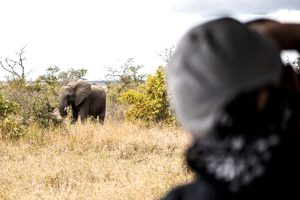
Ethical conservation lesson:
Learn more about ethical conservation practices during the last early morning drive of your expedition.
Bush farewell:
Say farewell to the African bush for now as you depart to catch a flight or return back home.
"Hamba kahle" - Go well, until we meet again.
Makalali Game Reserve offers Mid-Range, High-end, and Budget accommodation options. For this trip package GVI generally uses the mid-range Jobs Holt and Ubungane options. However, if you want to utilise one of the other accommodations listed below, please indicate your preference in the comments field of the Trip Enquiry form.
Jobs Holt (Mid-Range)
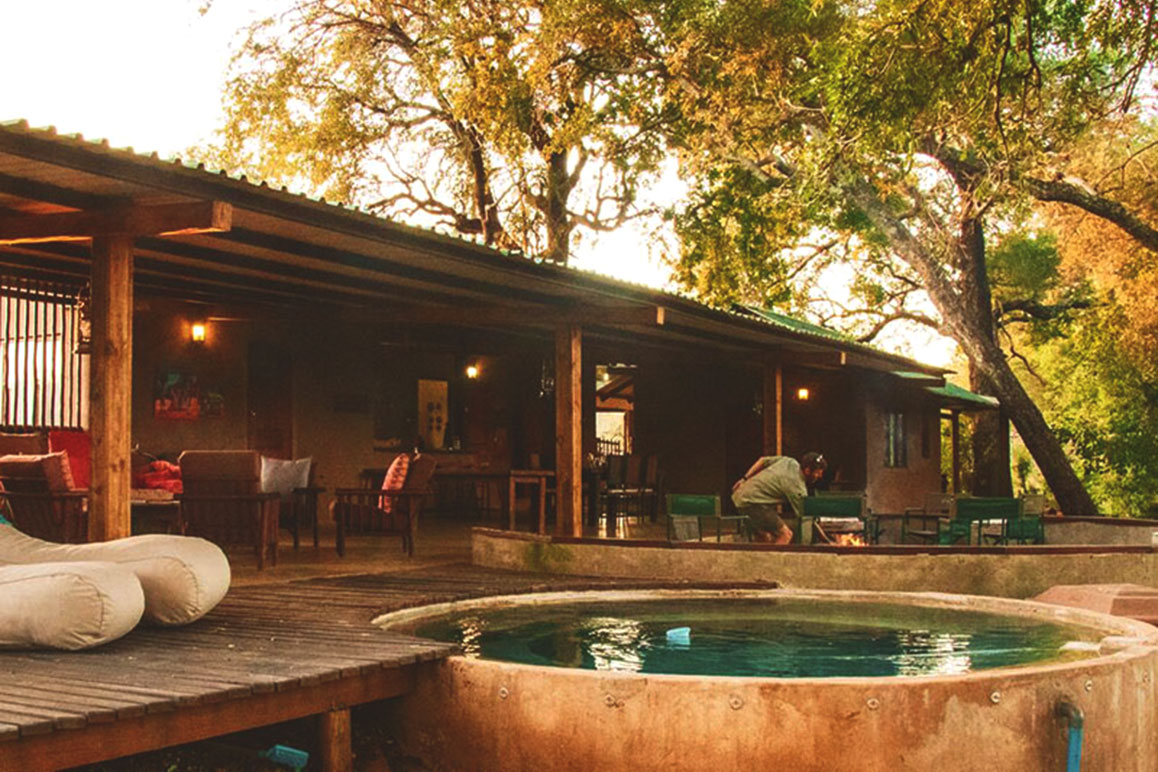
This small boutique camp sits on the banks of the Makhutswi River in the Greater Makalali Game Reserve. This is an intimate camp, and the location is perfect for families, couples, or groups. Set in a pristine riverine forest, it’s the perfect accommodation for your wilderness expedition within the reserve.
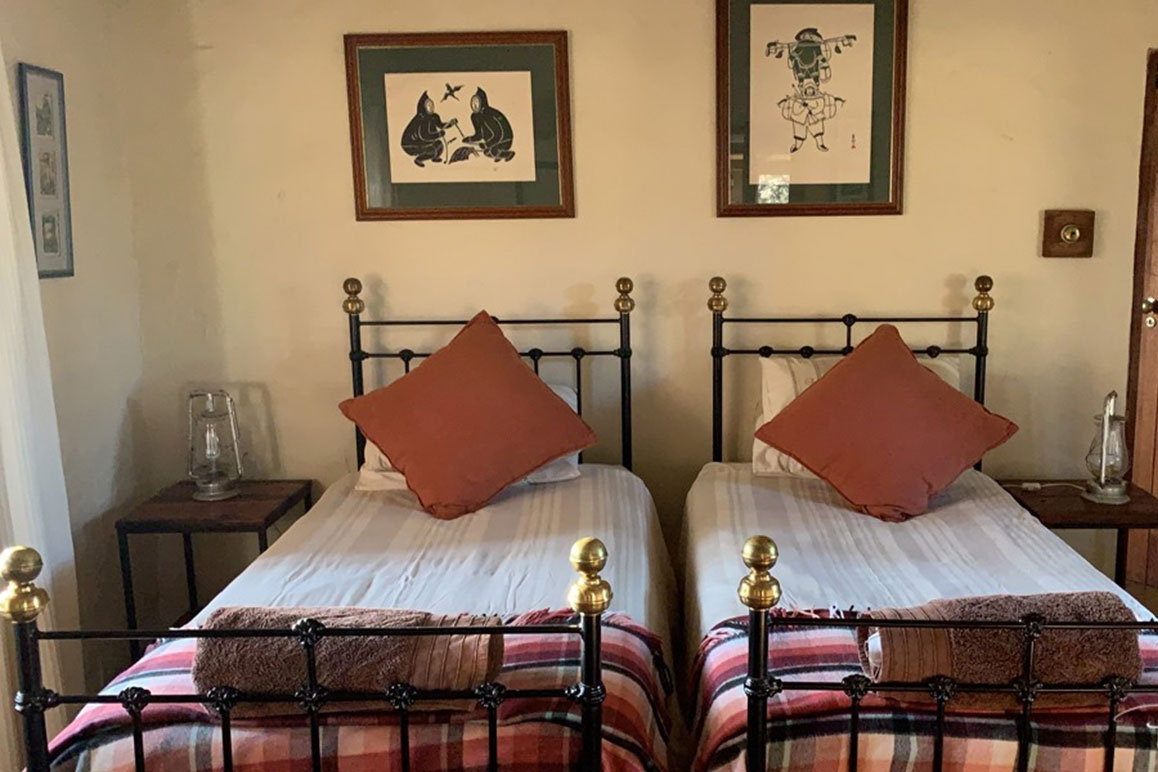
Job’s Halt is an eco-friendly location with a solar heating system (and back-up electricity on overcast days) to bring hot water to your room. Each room has Victorian-style beds and areas for relaxation with ensuite bathrooms comprising of a shower and wardrobes. The lodge has a shared splash pool, open lounge area, kitchen and dining area for your group’s use. Up to 8 people can be accommodated here.
Ubungane (Mid-Range)
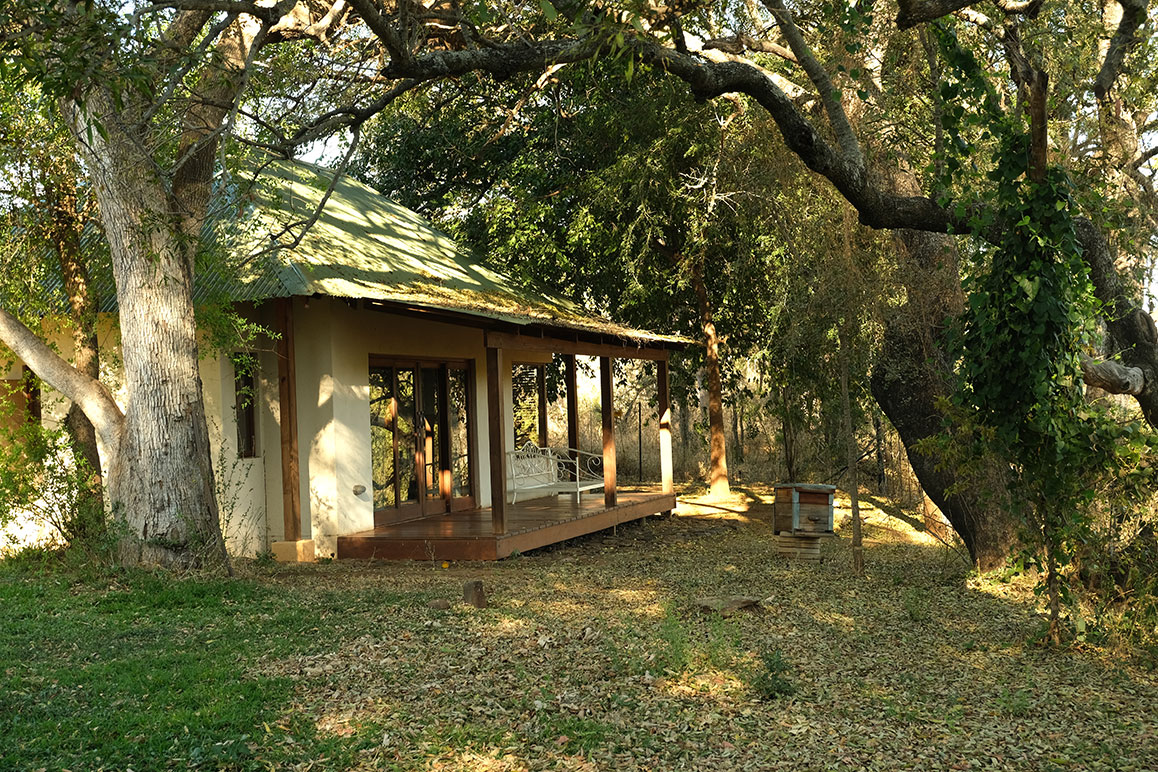
Ubungane is a pristine fenced off homestead that accommodates 10 people. Within the main house you will find an open area kitchen with a gas stove and oven, large dining area walking out to a large main deck with an outside dining area. Just off the main area a separate Laundry with a washing machine can be located. Within the garden you will be greeted with an open boma braai area, whereby footpaths flow off to 3 separated cottages, each accommodating a split king bed, two daybeds with an open plan ensuite bathroom with a standing bath, indoor and outdoor shower.
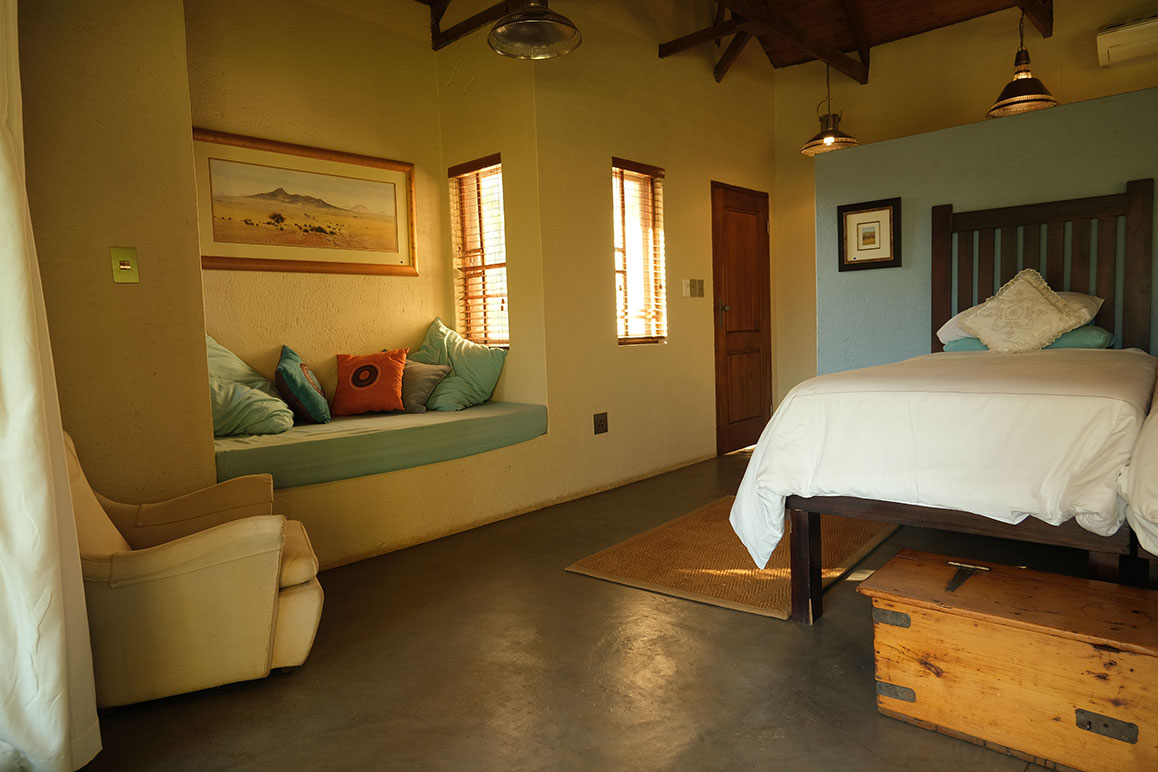
Xidulu (High-end)
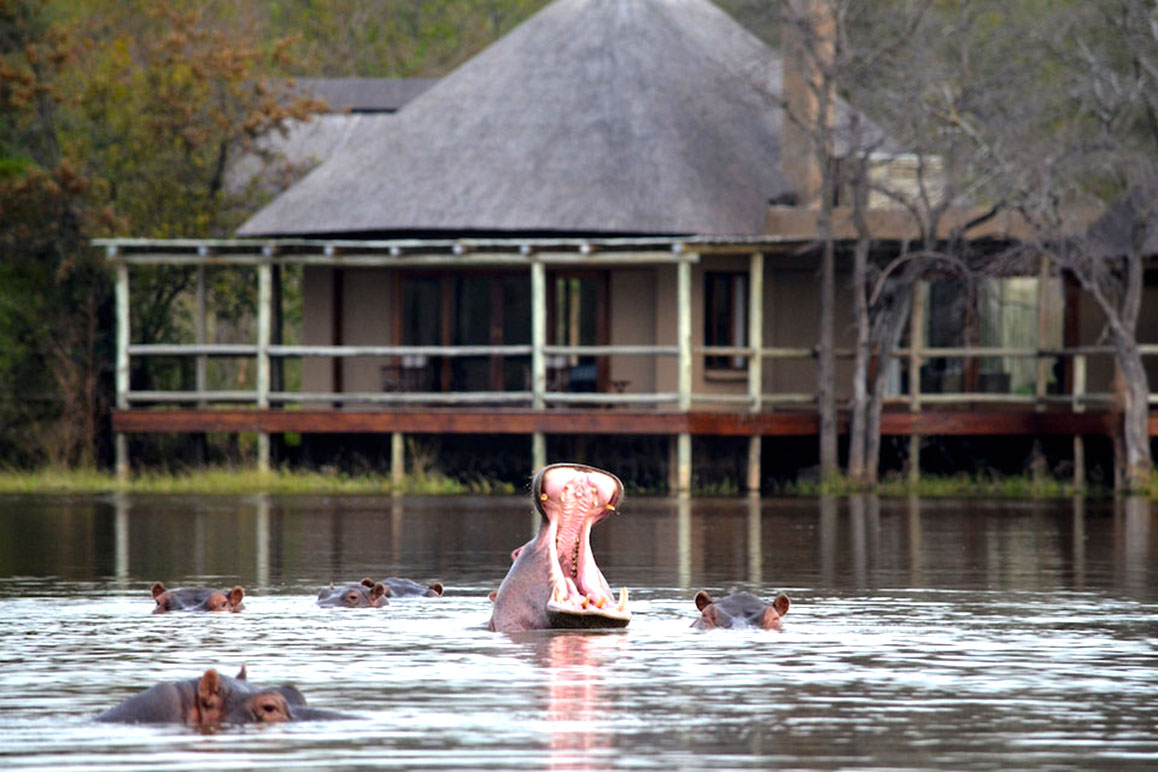
Xidulu private lodge is positioned within the Greater Makalali Nature Reserve. The reserve is is bisected by the perennial Makhutswi River, a tributary of the Olifants River, and includes approximately 10 km of the Selati River frontage. Built in 2012 on Weavers Nest Dam which hosts a large pod of hippo, crocodile, fish and birds.
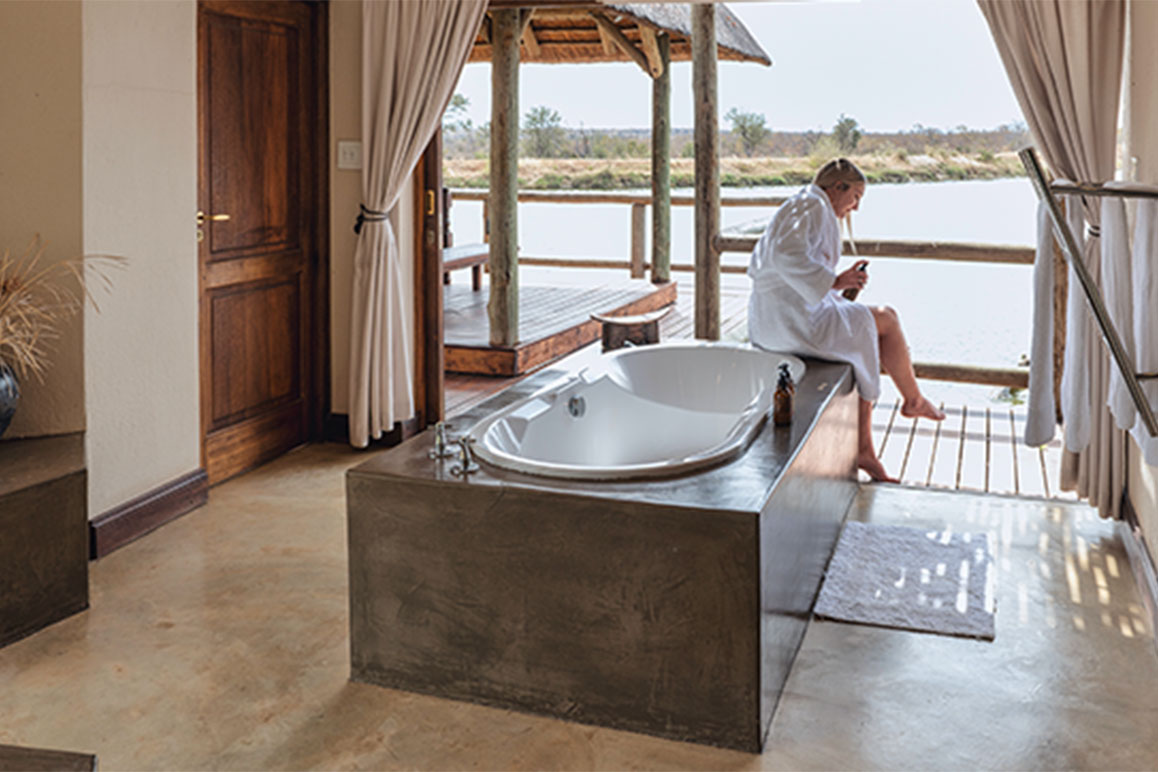
Xidulu lodge sleeps up to 12 people, all 6 suites are reserved exclusively for your booking and are fully serviced. We recommend a maximum of 10 guests as only 10 people are permitted to go on the game drive vehicle at any time.
Garonga (High-end)
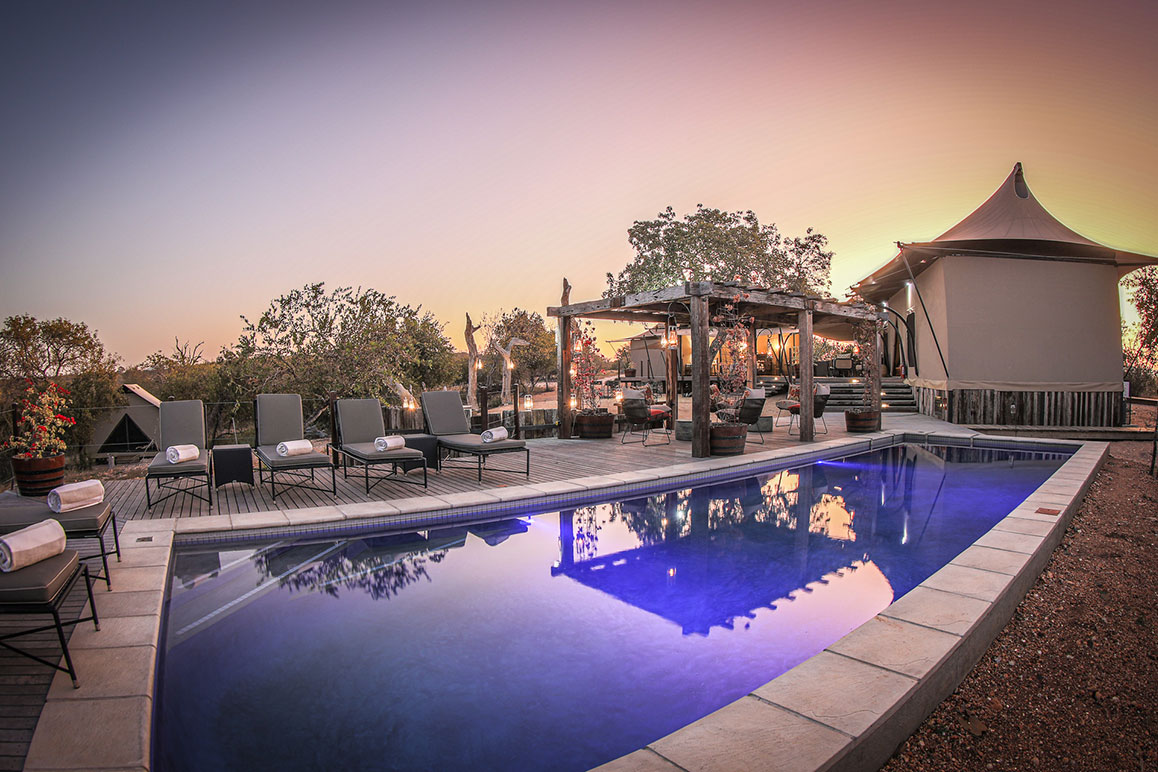
At Garonga Safari Camp, luxury tented safari romance meets the wild beauty of the South African bush setting. It’s an exclusive tented camp, with just six luxury ensuite units that combine a canvas canopy, rustic-textured walls and raised wooden deck overlooking a dry riverbed. Little Garonga promises a private and personalised getaway at our luxury safari lodge in South Africa.
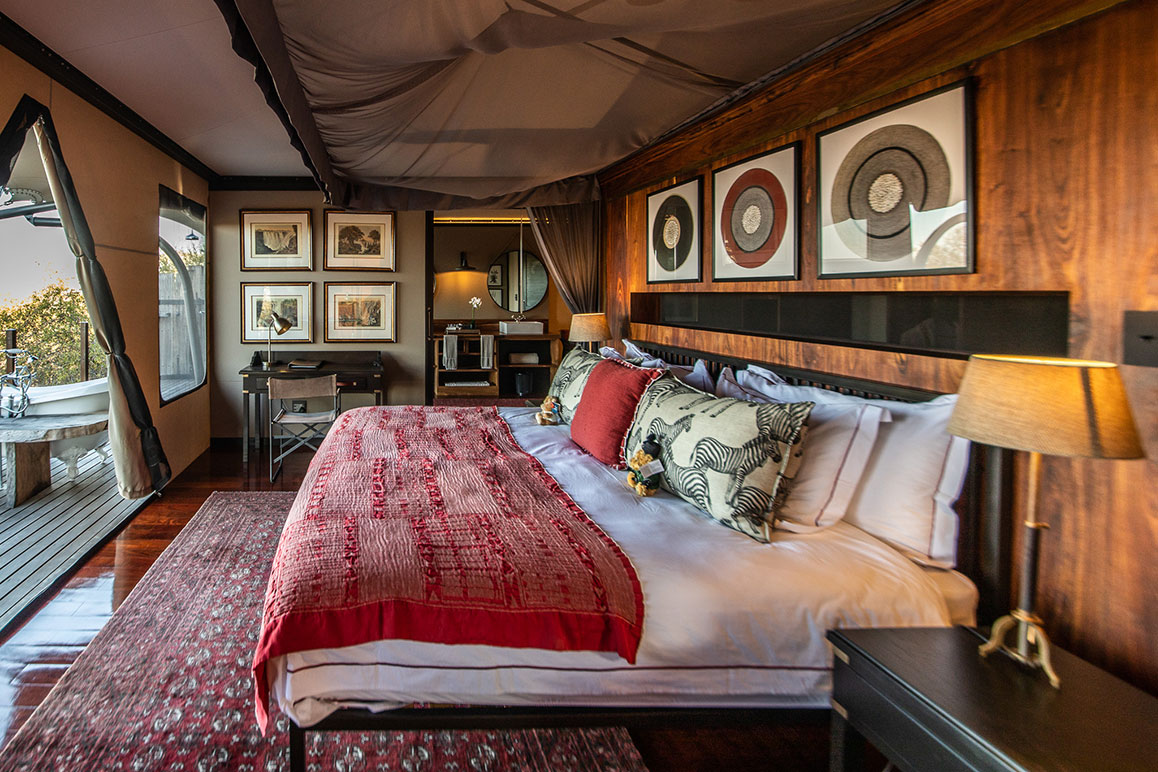
The three gorgeous suites that make up Little Garonga are completely separate from Garonga Safari Camp and MCH. All are fully ensuite, thatched and air-conditioned, each with a raised deck, complete with hammock and stunning bush views. They are located around centralised indoor and outdoor lounges, with a swimming pool overlooking the bush.
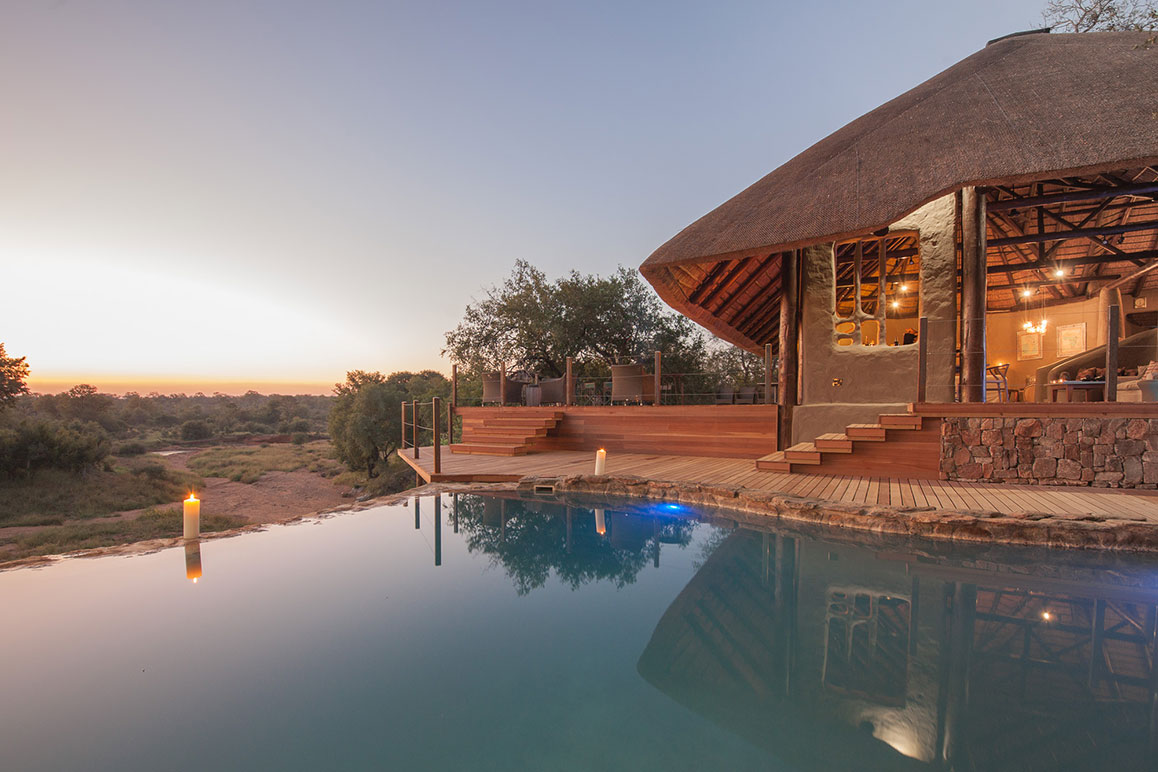
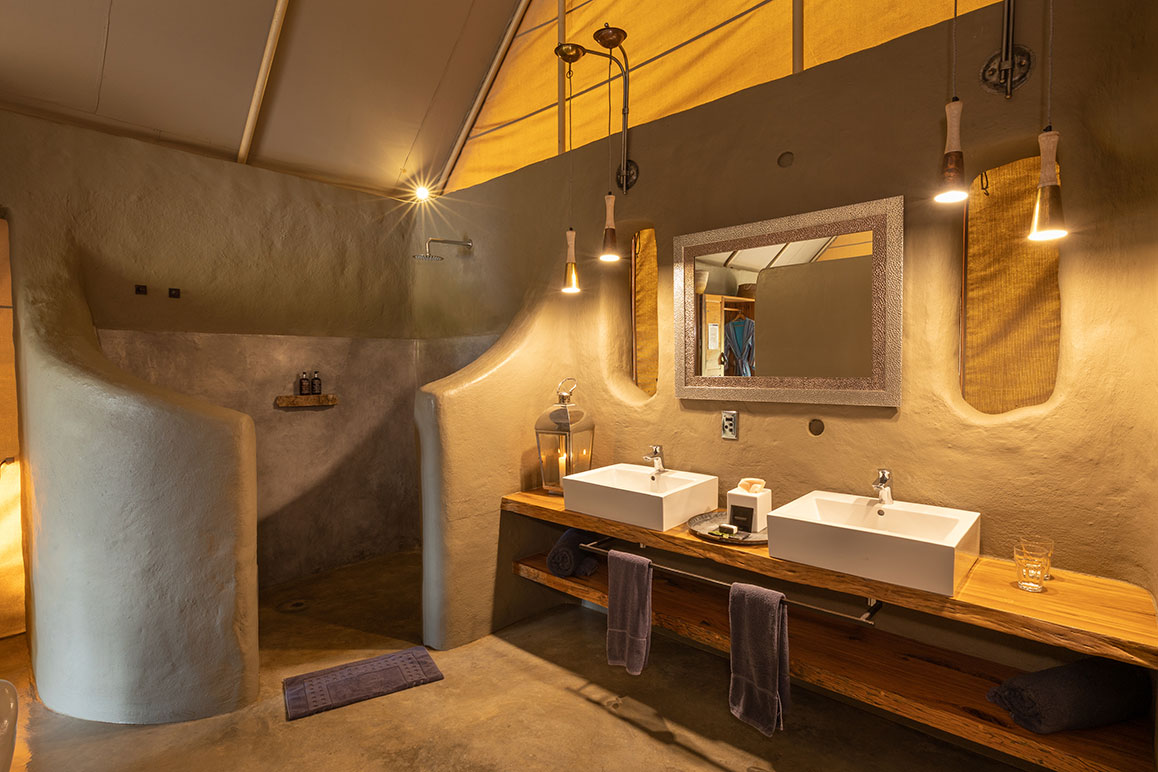
MCH offers family or friend groups a private and intimate bush getaway, perfect for extended stays. If not booked out for a group, individual couples are welcome to make it home for their luxury safari stay.
Mahlahla Lodge (Budget Range)
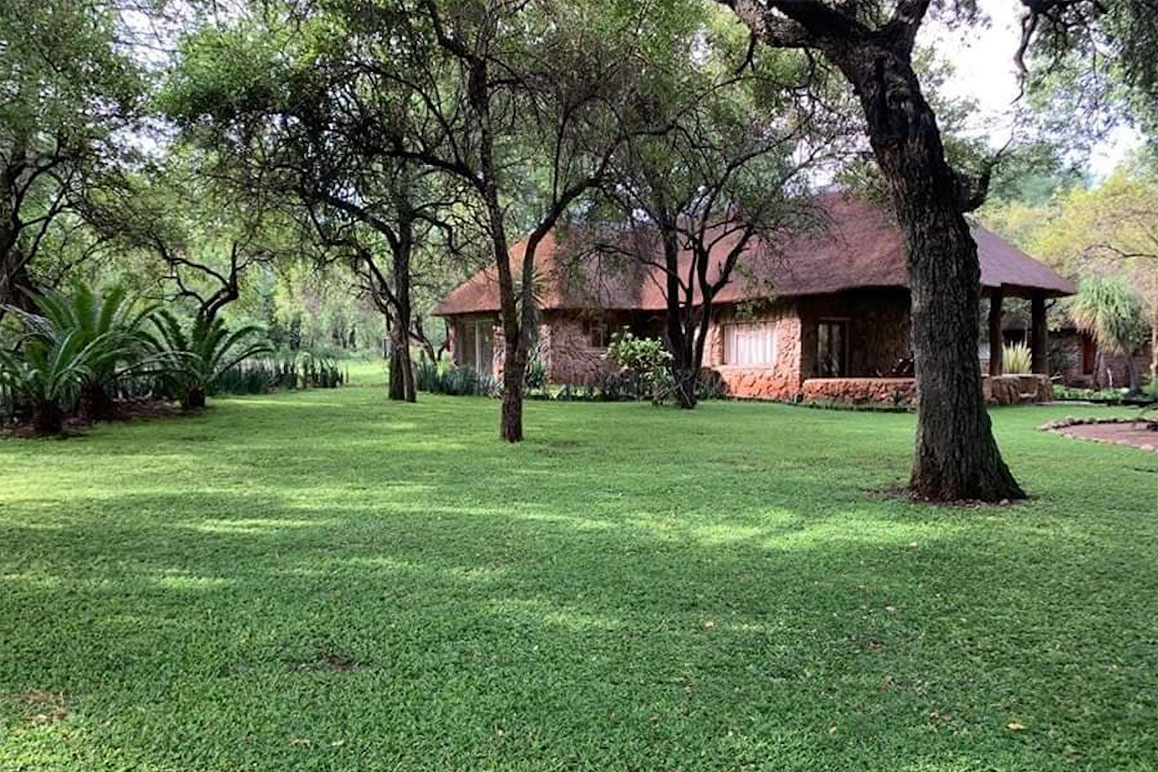
Mahlahla Game Lodge offers you the experience of a lifetime. Surrounded by huge trees and age-old rocks, the game lodge is built out of stone and wooden logs giving it a unique and natural feel. In Northern Sotho the word Mahlahla means wild and exciting. This is exactly what we want guests to experience. Unforgettable days will be filled with exciting encounters with nature. You can be sure to taste, feel and smell the truly wild and exciting heart of the African bush!
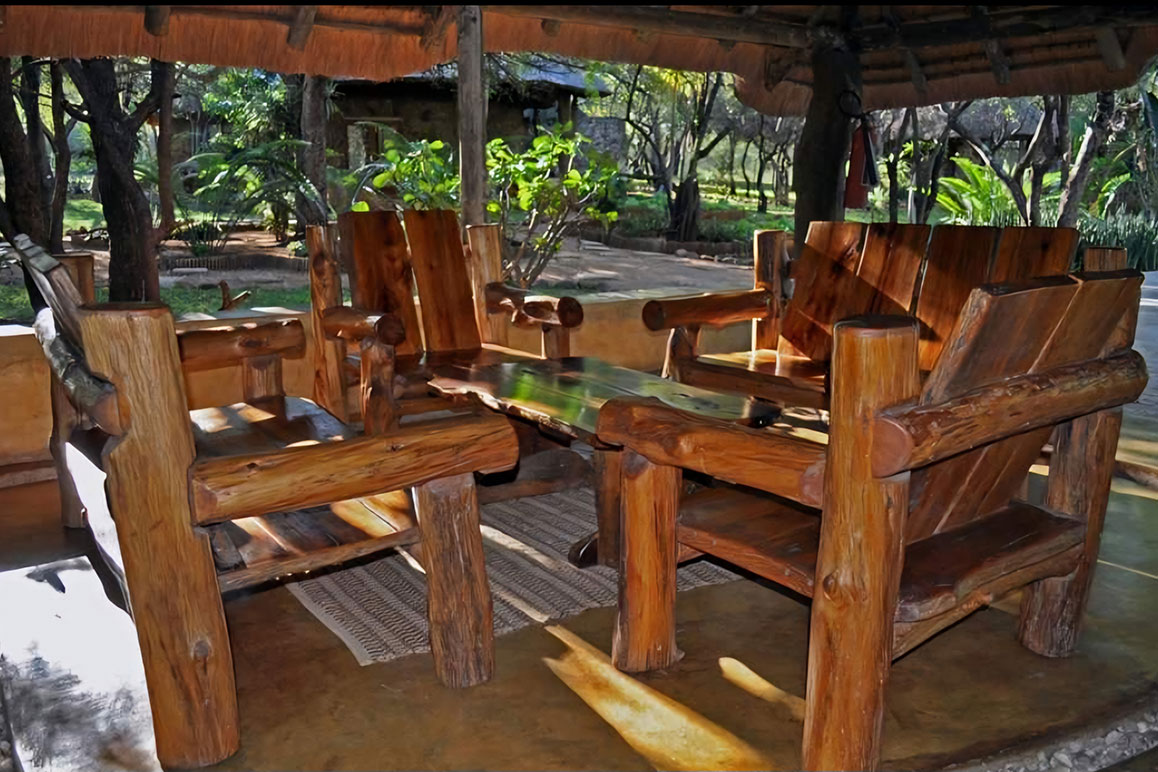
Mahlahla lodge offers comfortable and relaxing facilities to make your stay exceptional, each facility comes equipped with individually controlled air-conditioning, ensuite facilities, in-room mini bar facilities, an a communal tea and coffee section. The main lodge comes with an exceptional lay out of facilities to utilise during your stay such as a restaurant and bar area (please bear in mind any purchases from the bar such as liquor and/or beverages will be for your own account), swimming pool, lounge area, wi-fi services and is a complete child friendly lodge providing families with peace of mind during their stay.
From $299* per person, per night, sharing based on minimum of 4 pax.
*Valid 2024. This daily rate is an indication only as prices may vary according to your specific requirements. A quotation for the full duration of this trip will be emailed to you after submitting the Trip Enquiry.Terms: All bookings are subject to availability and single supplements may apply.- Conservation activities
- Guided drives, hikes and walks
- Highly qualified and experienced instructors and field staff
- Accommodation options from a range of choices (see tab)
- All Meals
- Pre-departure support
- 24-hour Emergency desk
- Arrival and departure transfers.
- Flights (see tab to book flights)
- Visas
- Vaccines
- Medical insurance
- Travel insurance
- Personal belongings insurance
- Cancellation insurance
- Personal gear and kit
- Soft drinks and alcoholic beverages
- Additional spending money
- Gratuities.
LOCATION
Situated on a 26 000-hectare private conservancy in the Hoedspruit region, west of the famous Kruger National Park, in the Limpopo province of South Africa and close to the Drakensberg Mountains, lays the breathtaking Makalali Private Game Reserve. Considered one of the leading pioneers in ecotourism in South Africa, Makalali (which means place of rest) is home to over one thousand wild animals including Africa’s “Big Five.”
ACTIVITIES INCLUDED:
- Introduction to the ecosystem
- Setting up camera traps
- Bird identification, calls and nesting behaviour
- Wildlife photography
- Understanding signs of the bush
- Introduction to tracking and trailing on foot
- Understanding the use of Telemetry and GPS to track collard animals.
- Introduction to the southern constellation
- Rifle use and a simulation mock charge test
- Focusing on the smaller things, insects and amphibians, etc.
- Discussion on conservation, human-animal conflict and community education
- Tree identification, benefits from certain plants in nature and medicinal uses.
- Open nature sleeps out under the African skies.
- Conservation activities within the reserve, such as removal of alien invasive species, brush back exercises, etc.
ACTIVITIES EXCLUDED:
(Additional charges apply)
- Elephant collaring
- Cheetah tracking
- Rhino dehorning / relocation.
PERSONAL EQUIPMENT
- Torch with spare batteries and bulbs – a head torch is a good idea.
- Hat/cap.
- Scarf and gloves (especially for winter months).
- Warm jacket/fleece/jumper – windproof in winter months (May – Sept), waterproof in summer months (Nov – Mar).
- Swimming costume.
- Natural clothing (i.e. no bright colours and no white), t-shirts, shorts, a pair of light weight long trousers and a lightweight long sleeve shirt (long sleeves are extremely useful for sun protection during the day and mosquito protection during the evening).
- Note that camouflage printed clothing is fine for the bush but please do not to wear in towns or when crossing borders.
- Comfortable walking shoes and flip flops/sandals.
- Camera equipment, binoculars, lots of spare films, batteries and spare memory cards for digital cameras are essential as the opportunity to download photos is limited.
- Adaptors for cables, chargers, USB, etc (we recommend you label them to avoid confusion on the vehicle charging station).
- Water bottle and a small day pack for walks.
TOILETRIES AND FIRST AID
- Personal toiletries and medications in small bag, not a vanity case.
- Sunscreen.
- Malaria prophylaxis.
- Mosquito repellents (lotion or spray).
- Water proof/zip lock bags for storing personal items to keep dust free and/or dry.
- Personal First Aid Kit (note: a First Aid Kit will be present throughout the safari but personal medicines must be brought for the duration of the safari).
MEDICAL PRECAUTIONS
- Check with your local immunisation authority, travel clinic, public health facility or personal physician.
- Visit the WORLD HEALTH ORGANISATION website for up to date information (www.who.int)
- Makalali is situated in a malaria area and precautions are essential.
TRAVEL DOCUMENTATION
- Valid passport: your passport must be valid at least 6 months after the end date of your trip and there must be at least 6 blank visa pages.
- Valid visas – it is your responsibility to arrange visas.
- For up-to-date visa requirements please check with your travel consultant and/or Embassy.
Minor Children
Requirements for minor traveling through all Botswana ports of entry:
Effective from the 1st October 2016 minors travelling through the country’s borders are required to produce certified copies of unabridged birth certificates in addition to their valid passports. In the event that one parent is not travelling with the child, the other parent’s affidavit consenting to such travel should be availed. However, an affidavit will not be required if the father’s name does not appear on the child’s birth certificate.
TRAVEL INSURANCE
- For all our Expeditions, it is COMPULSORY to take out travel insurance covering for: cancellation and curtailment, medical situations, baggage, emergency evacuation.
- Naturecrazi does not provide travel insurance.
- Please note that you will be required to provide your insurance details prior to your arrival so we can liaise with your insurance company in the shortest amount of time in case of an emergency. Required details include: medical evacuation insurer’s Name, medical evacuation policy number, 24-hour contact number of Medical evacuation insurer.
You will need to book your own flights to and from Maun Airport (MUB) and/or Kasane Airport (FBKE). Our handy airline aggregator will find the best seat prices for your dates.
Sustainable Development Impact
While the United Nations Sustainable Development Goals (SDGs) are global concerns, and not aimed specifically at the travel and tourism industry, target 8.9 of the 2030 Agenda aims to "by 2030, devise and implement policies to promote sustainable tourism that creates jobs and promotes local culture and products". In this regard, tourism has the potential to contribute, directly or indirectly to all 17 SDGs.

Travel with Purpose
GVI Global’s expeditions and volunteer programmes address all 17 SDGs. In particular, GVI prioritizes 10 critical global issues affecting both people and the planet:
- Plastic pollution and litter,
- Climate change,
- Endangered species,
- Biodiversity loss,
- Sustainability,
- Early childhood development,
- Education for both children and adults,
- Gender equality,
- Health, and
- Justice, equity diversity, and inclusion.
Considering the track history and documented evidence of GVI's commitments to conservation and community upliftment, Naturecrazi considers their respective SDG "qualifying criteria" as follows:
- SDG 1: Creates fixed term and permanent job opportunities for local communities and aims to support people harmed by climate-related extreme events and other economic, social, and environmental shocks and disasters.
- SDG 2: Aims to end hunger, achieve food security, improve nutrition, and promote sustainable agriculture.
- SDG 3: Ensures healthy lives and promotes well-being for all at all ages.
- SDG 4: Contributes to sustainable local community development through education programs and research.
- SDG 5: Aims to achieve gender equality by ending all forms of discrimination, violence, and any harmful practices against women and girls.
- SDG 6: Provides for careful handling and disposal of solid waste and sewage. Uses alternative, sustainable means of water acquisition and reduces water consumption.
- SDG 7: Meets its energy needs through passive design and renewable energy resources.
- SDG 8: Promotes economic growth, full and productive employment, and decent work for all.
- SDG 9: Builds resilient infrastructure, promotes sustainable industrialization, and fosters innovation.
- SDG 10: Reduces inequality within and among countries.
- SDG 11: Makes human settlements inclusive, safe, resilient, and sustainable.
- SDG 12: Encourages sustainable consumption and production patterns through various measures, including the management of materials that are toxic to the environment.
- SDG 13: Takes urgent action to combat climate change and its impacts by improving education and awareness-raising on climate change mitigation, adaptation, impact reduction and early warning.
- SDG 14: Conserves and sustainably uses the oceans, seas and marine resources for sustainable development.
- SDG 15: Conserves and rehabilitates the surrounding flora and fauna. Aims to protect, restore, and promote sustainable use of terrestrial ecosystems, sustainably manage forests, combat desertification, and halt and reverse land degradation and halt biodiversity loss.
- SDG 16: Aims to promote peaceful and inclusive societies for sustainable development, provide access to justice for all, and build effective, accountable, and inclusive institutions at all levels.
- SDG 17: Aims to strengthen the means of implementation and revitalize the global partnership for sustainable development in 2030.


